Search Definitions
Browse Content (p. 266)
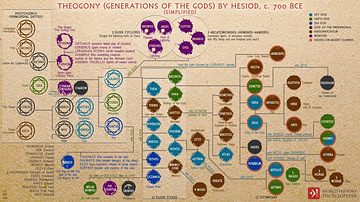
Definition
Hesiod
Hesiod (c. 700 BCE) in conjunction with Homer, is one of those almost legendary early Greek Epic poets. His works are not of comparable length to Homer's. Hesiod's poems are not epic because of their length, but because of their language...

Definition
Hades
Hades was both the name of the ancient Greek god of the underworld (Roman name: Pluto) and the name of the shadowy place below the earth which was considered the final destination for the souls of the dead. Perhaps the most feared of the...
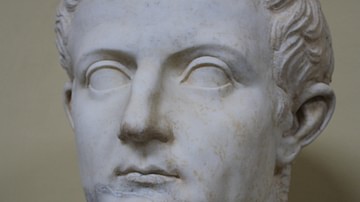
Definition
Tiberius
Tiberius was Roman emperor from 14 to 37 CE. Tiberius, the adopted son of Roman Emperor Caesar Augustus, never aspired to follow in his stepfather's footsteps — that path was chosen by his domineering mother, Livia. His 23-year reign as emperor...

Definition
Thebes (Greece)
Thebes is a town in central Greece which has been continuously inhabited for five millennia. It was an important Mycenaean centre in the middle to late Bronze Age and was a powerful city-state in the Classical period, participating in both...
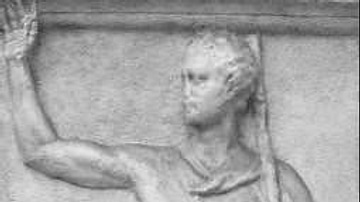
Definition
Polybius
Polybius (l. c. 208-125 BCE) was, whilst a Greek historian, a Roman historian, in that his work dealt with explaining how Rome came to be so great. Like the three Classical Greek Historians, Polybius himself had personal experiences and inquiries...

Definition
Hercules
Hercules (Herakles) was a hero of Greek mythology famous for his great strength and endurance. Celebrated as an extraordinary mortal, his success in seemingly impossible labours won him an immortal place amongst the gods. As the greatest...
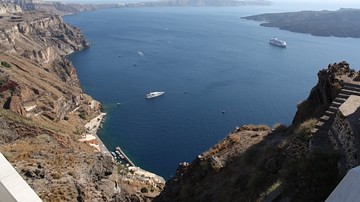
Definition
Thera
Thera is the ancient name for both the island of Santorini in the Greek Cyclades and the name of the volcano which famously erupted on the island in the middle Bronze Age. The 17th century BCE eruption covered Akrotiri, the most important...

Definition
Maya Civilization
The Maya are an indigenous people of Mexico and Central America who have continuously inhabited the lands comprising modern-day Yucatan, Quintana Roo, Campeche, Tabasco, and Chiapas in Mexico and southward through Guatemala, Belize, El Salvador...
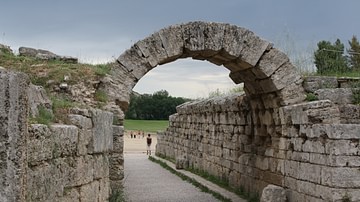
Definition
Olympia
Ancient Olympia was an ancient Greek sanctuary site dedicated to the worship of Zeus located in the western Peloponnese. The Pan-Hellenic Olympic Games were held at the site in honour of Zeus every four years from 776 BCE to 393 CE. Olympia...
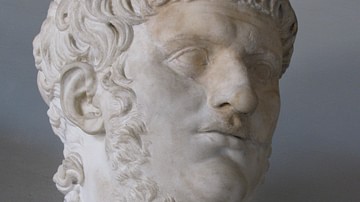
Definition
Nero
Nero was Roman emperor from 54 to 68 CE. The last of the Julio-Claudian emperors to rule the Roman Empire, his 14-year reign represents everything decadent about that period in Roman history. He was self-indulgent, cruel, and violent as well...